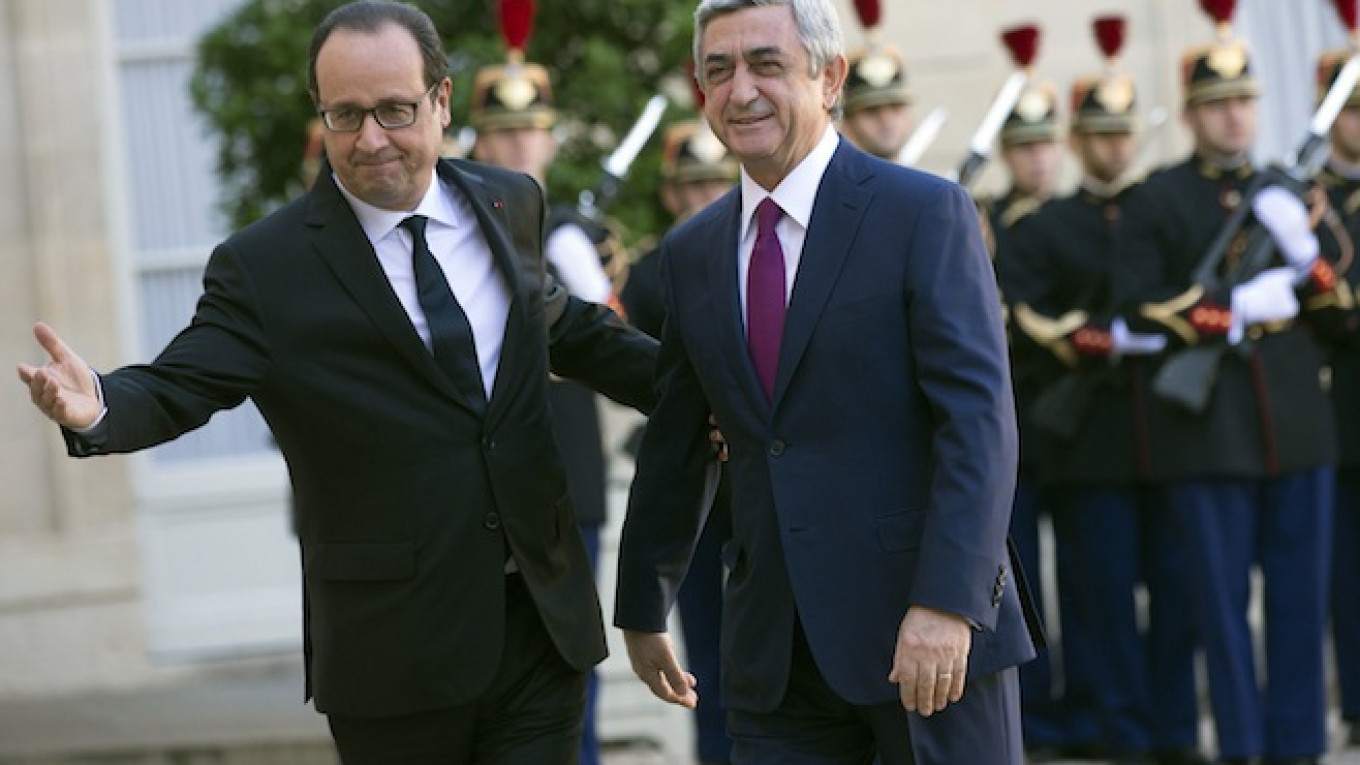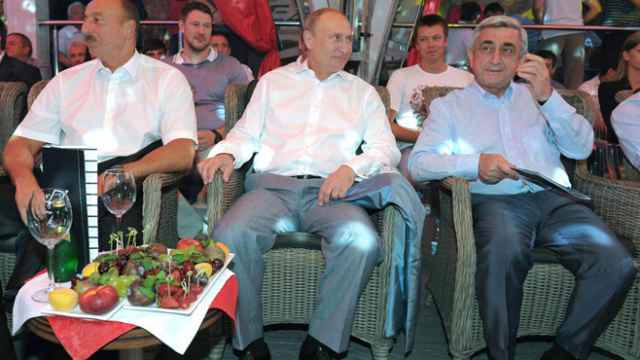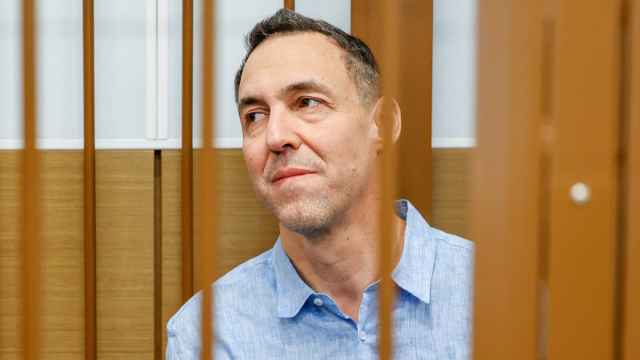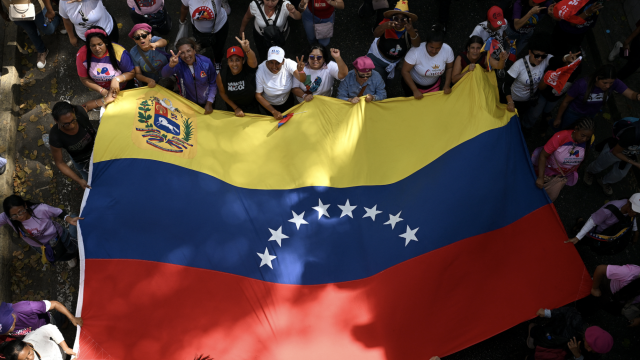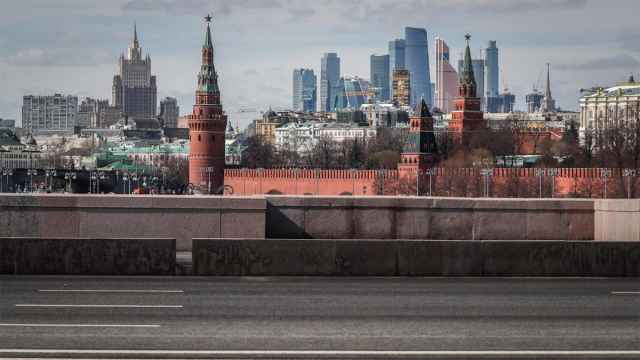Armenian and Azeri leaders have agreed to pursue talks over the disputed Nagorno-Karabakh region after resuming direct contacts at a meeting in Paris on Monday, the French government said.
"Status quo is not sustainable," the office of French President Francois Hollande said after he hosted talks between Azerbaijan's Ilham Aliyev and Armenia's Serzh Sargsyan, following an increase in clashes over the region during the summer.
The two leaders agreed to exchange information about people who have gone missing in the fighting over Nagorno-Karabakh, Hollande's office said.
Fighting in Nagorno-Karabakh first erupted in 1991, when the Soviet Union broke up. A cease-fire was called in 1994 after more than 30,000 people were killed in the fighting. The two sides have regularly traded accusations of further violence around the region and along the Azeri-Armenian border.
The presidents of Armenia and Azerbaijan "have agreed to continue the dialogue, in particular with a new meeting in September 2015 in the margins of the United Nations General Assembly in New York," Hollande's office said.
Energy-producing Azerbaijan, host to oil majors including BP, Chevron and ExxonMobil, frequently threatens to take Nagorno-Karabakh back by force and is spending heavily on its armed forces.
Russia, like France, is one of the sponsors of international efforts to find a solution to the conflict. In August, Russian President Vladimir Putin hosted a meeting between Armenia's and Azerbaijan's heads of state after more than a dozen people were killed in clashes.
The meeting gave him a chance to play a peacekeeping role in the former Soviet Union at a time when the West is accusing Moscow of backing pro-Russian separatists in Ukraine.
A Message from The Moscow Times:
Dear readers,
We are facing unprecedented challenges. Russia's Prosecutor General's Office has designated The Moscow Times as an "undesirable" organization, criminalizing our work and putting our staff at risk of prosecution. This follows our earlier unjust labeling as a "foreign agent."
These actions are direct attempts to silence independent journalism in Russia. The authorities claim our work "discredits the decisions of the Russian leadership." We see things differently: we strive to provide accurate, unbiased reporting on Russia.
We, the journalists of The Moscow Times, refuse to be silenced. But to continue our work, we need your help.
Your support, no matter how small, makes a world of difference. If you can, please support us monthly starting from just $2. It's quick to set up, and every contribution makes a significant impact.
By supporting The Moscow Times, you're defending open, independent journalism in the face of repression. Thank you for standing with us.
Remind me later.


